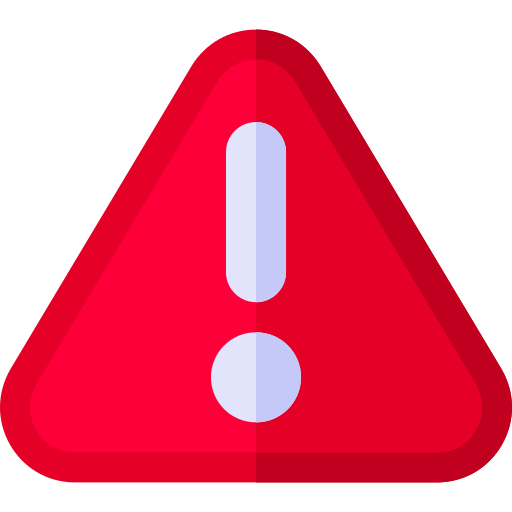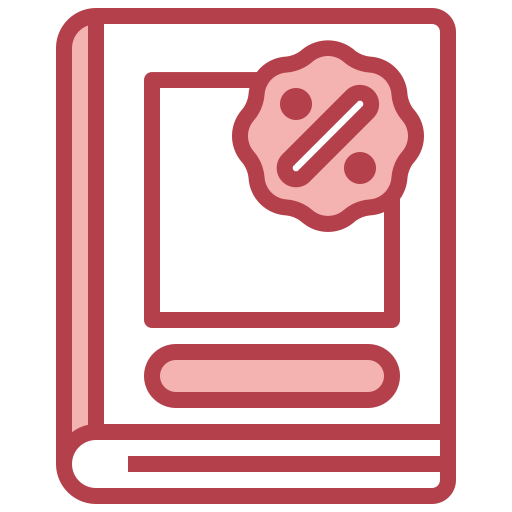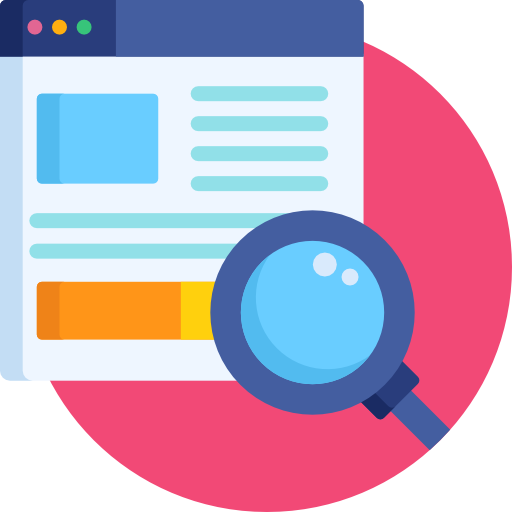 1. Sales Request
1. Sales Request
▶
The sales team initiates the CRM process by gathering all dealership requirements and providing necessary documentation to the onboarding team:
- Collect dealership details such as location, size, and areas of focus (e.g., Powersports, Marine, RV, Outdoor Power, Harley-Davidson).
- Understand and document the dealership's key business needs, such as lead management, inventory tracking, and sales performance reporting.
- Ensure CRM goals are aligned with dealership operations and secure approval on budget, delivery timelines, and any custom requests.
- Review the worksheet options with the dealership to finalize the selection. If a custom worksheet is needed, prepare an estimate for development staff to provide to the customer. Allow up to 7-10 days for delivery after the initial build.
- Email Setup: We will need to configure email communication tools, including automated responses and notification preferences. Confirm dealership branding and sender details for all outgoing messages. Allow up to 3-5 days for configuration and testing to ensure smooth operation.
- SMS Setup: Team will need to configure Phone number used (ported) to integrate SMS functionality for 2 way communication. Set up for alerts, follow-ups, and lead responses. Validate delivery settings and ensure compliance with regional regulations. Allow up to 10-15 days for full conversion, implementation and testing.
- Complimentary Online Training: Provide dealerships with access to an online guide that includes step-by-step instructions for basic CRM usage. This training comes with an optional test to ensure staff readiness to start using the system effectively.
- Advanced Training (Optional): If the dealership requires more advanced or hands-on training, offer personalized training sessions conducted by subject matter experts or product champions. Highlight that this service incurs an additional cost, which will be evaluated and approved by management on a case-by-case basis.
- Upsell Opportunities: Review each dealership’s training needs with management to identify potential upsell opportunities for a support contract. This contract can include ongoing training, extended support, and direct assistance for complex setups.
- Finalize Training Plan: Share the training findings and recommendations with the dealership and the internal team. Ensure all training steps are accounted for and confirm dealership readiness to transition to the live environment.
- Relay all collected information to the operations and onboarding teams to streamline the build process.
 2. CRM Build
2. CRM Build
▶
The technical team begins the CRM build process using dealership-specific configurations and custom requirements:
- Apply default templates for the selected dealership category (Powersports, Marine, RV, Outdoor Power, or Harley-Davidson) as we expand CRM capabilities.
- If applicable for worksheets, customize tax configurations for all dealership locations and ensure integration of regional tax requirements. (Optional)
- Set up worksheets tailored to dealership workflows. Confirm worksheet requirements with the dealership, present available default options, and clarify that custom templates will incur additional costs. (Optional)
- Build in a live CRM environment and validate all links to ensure proper access is provided to the dealership.
- Conduct internal quality checks and provide a readiness report to the onboarding team for final review.
- Any custom changes will have been approved by this stage. The build will either reflect these updates or use the default "build," which includes configurations for Status, Source, Steps, workflows, assignment rules, and escalation rules. Examples include triggers for escalation, spam handling in mobile and subprime cases, and other designated process-driven rules.
 3. Onboarding
3. Onboarding
▶
The onboarding team works closely with sales team, and development teams to ensure the dealership transitions smoothly to using the CRM. The team focuses on preparing the system for active use from Day 1 while documenting best practices and potential pitfalls to improve efficiency and reduce follow-ups:
- Upload dealership staff details, assign roles, and configure permissions based on standard workflows to streamline operations.
- Collaborate with CSM and sales teams to gather all necessary items and document potential challenges to achieve a higher rate of success without the need for repeated follow-ups.
- Connect lead sources, including OEM websites, third-party providers (e.g., Cycle Trader, Autotrader), and dealership-specific websites. Verify accurate mapping for lead and sales reporting.
- Ensure all integrations, such as email, SMS, and inventory feeds, are active and functioning correctly. Perform thorough testing to validate their performance and reliability.
- Set up lead status workflows, sourcing configurations, and escalate any custom requirements or decisions needed for successful implementation.
- Coordinate with the dealership to confirm worksheet selection or custom worksheet development. Ensure delivery timelines for custom worksheets are communicated clearly, along with training materials, if necessary.
- Offer walkthroughs, video tutorials, or live demonstrations to guide dealership staff through essential processes, such as integrating third-party web leads or setting up inventory feeds.
- Validate system readiness for "active duty" by ensuring easy login access and verifying that staff can begin inputting leads seamlessly from Day 1.
 4. Training
4. Training
▶
Provide structured, ongoing training for dealership staff to ensure full utilization of CRM features. This includes support for onboarding new hires, ensuring consistent CRM proficiency across all roles:
- Comprehensive Training Materials: Provide step-by-step guides, interactive tutorials, and downloadable documentation to ensure dealership staff have easy access to essential CRM instructions.
-
Role-Specific Webinars: Schedule recurring live sessions tailored to dealership roles, focusing on core CRM functionalities:
- Sales Team Training: Master lead logging, appointment scheduling, and key features like inventory and customer search.
- Manager Training: Learn how to set up staff, customize dropdown menus, and navigate real-time reporting and analytics.
- Marketing Training: Optimize communication strategies using triggered emails, smart customer lists, and SMS text messaging tools.
- Proficiency Verification: Conduct role-based test scenarios to ensure staff are confident in workflows like lead tracking, inventory updates, and report generation.
- Self-Service Portal: Provide access to a training portal where staff can revisit CRM instructions and refresh their knowledge at their own pace.
- New Hire Training: Emphasize the importance of foundational training for new hires. Ensure all new staff complete initial CRM training to maintain consistency and effective platform use.
- Ongoing Training Opportunities: Encourage dealerships to take advantage of free weekly training sessions to accommodate staff schedules and ensure ongoing readiness.
R2R CRM Weekly Training Schedule:
- Sales Training: Tuesdays & Thursdays @ 8 AM (MST) – Focus on logging customers, effectively using appointment tools, and mastering both basic and advanced search functionalities.
- Manager Training: Tuesdays & Thursdays @ 9 AM (MST) – A detailed overview of managing staff, customizing lead workflows, and analyzing real-time reporting to make informed decisions.
- Marketing Training: Wednesdays @ 10 AM (MST) – Learn to create and manage SMS and email workflows, design basic templates, and enhance customer communication strategies.
Note: All sessions are scheduled in the morning to minimize disruption to dealership operations and allow staff to fully engage without impacting prime business hours.
This structured training approach equips dealership staff with the knowledge to utilize the CRM effectively, while providing continuous support through accessible training resources and regular learning opportunities.
 5. Ongoing Support
5. Ongoing Support
▶
Our commitment to the CRM lifecycle ensures seamless adoption, ongoing usage, and measurable success for all stakeholders:
- Comprehensive Support: Provide daily troubleshooting for issues like login credentials, user access, and navigation, ensuring uninterrupted operations.
- Performance Monitoring: Quickly address unexpected system issues through a robust ticketing system, reducing downtime and maintaining functionality.
- Lifecycle Checkpoints: Conduct regular reviews to assess CRM adoption, measure user engagement, and gather insights for continuous improvement. Feedback loops ensure that any process gaps are quickly addressed.
- Customization and Scalability: Manage requests for customizations, including API integrations and workflow adjustments, with approval processes and clear timelines to align with lifecycle goals.
- Availability: Provide known hours helpdesk access for urgent technical issues or advanced feature support to maintain system readiness.
Lifecycle Continuity: Ensuring Sustained CRM Engagement
- Consistent Activity: The CRM lifecycle requires active engagement. Each user must log leads daily, with a minimum expectation of five leads per person per day to maintain the system's operational value.
- Lead Nurturing: Focus on cultivating relationships through follow-ups on dormant leads, refreshing call lists, and engaging past customers. This ensures the CRM remains a powerful tool for customer retention and long-term growth.
- Timely BDC Management: For businesses utilizing a Business Development Center (BDC), ensuring leads are promptly delivered is essential, particularly during seasonal peaks or high-demand periods.
- Impact of Non-Engagement: CRM non-use or minimal activity, such as failure to log leads, update workflows, or actively use the system, interrupts the lifecycle and impacts overall efficiency. Prolonged non-use will prompt a lifecycle review and could result in service reevaluation.
- Lifecycle Success Metrics: Usage reports, regular check-ins, and performance evaluations ensure the CRM remains a valuable tool for the entire business lifecycle, not just deployment. Monitoring helps maintain accountability and demonstrates the CRM's return on investment.
Our lifecycle-focused approach ensures that the CRM remains an integral part of your business operations. By encouraging active engagement, providing comprehensive support, and emphasizing continuous improvement, we help businesses maximize the CRM's value at every stage of its lifecycle.